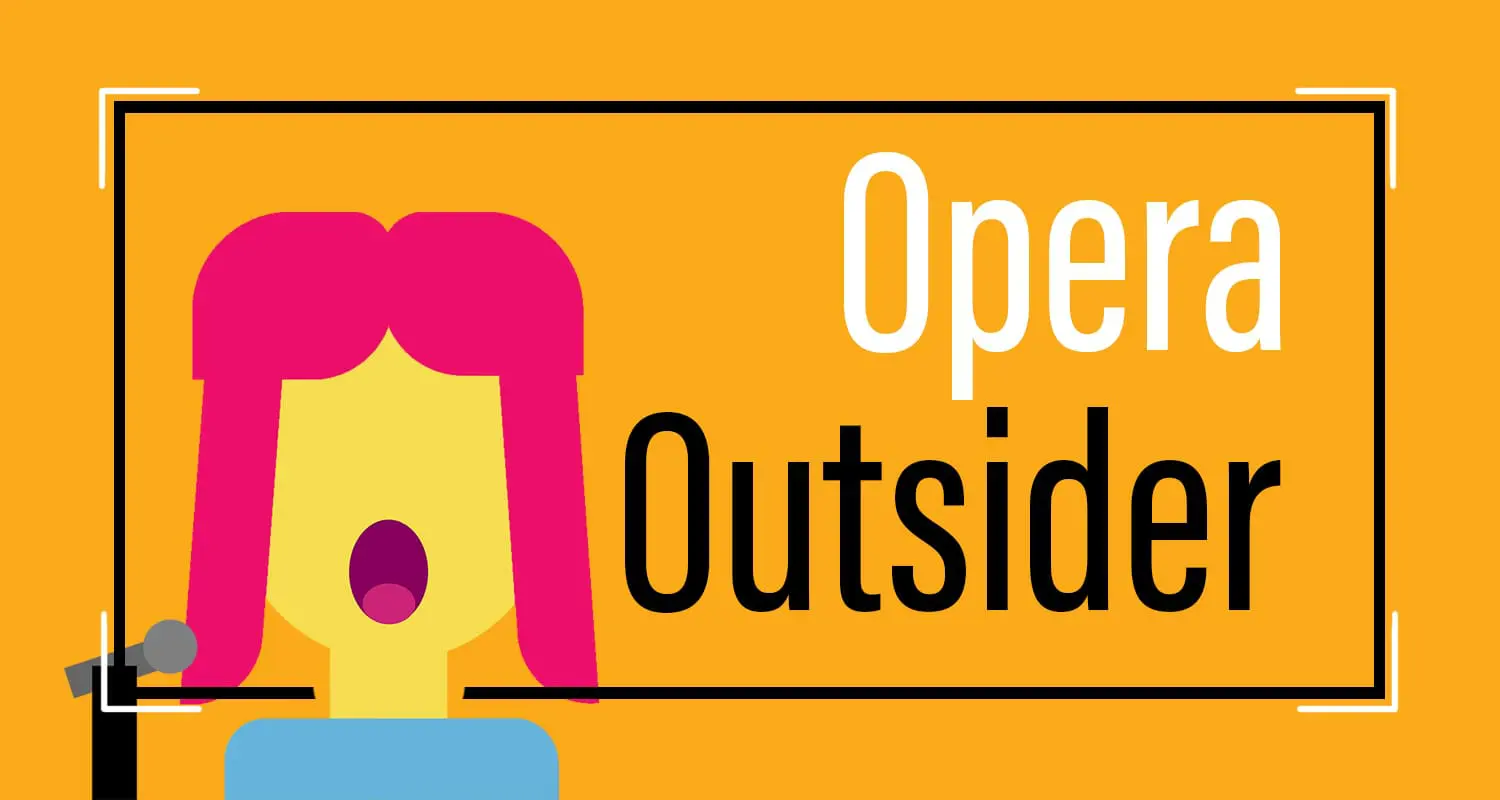Over the past 4 months, I have had the wonderful opportunity to join the Opera Canada team for an internship as their Editorial Assistant. Going in as an opera outsider, my background included Phantom of the Opera and the Looney Tunes “What’s Opera, Doc?” episodes. That was my exposure to opera. Coming out, I have learned about a drastic shift in the industry that has changed my view of the opera world altogether.
When it comes to opera, there is a stigma around it being an upper-class, posh luxury made for highly educated people and popularized by a white demographic. To an extent, that is a lot of the history of how the art came to be. However, where a lot of other industries with a similar background have had the opportunity to prove their modernity – like theatre did with the now mainstream Hamilton – opera seems to have been patiently waiting for another chance at a big break into the everyday person’s life.
Throughout my time at Opera Canada, I have had the chance to talk to people making new things in the industry and trying to stay afloat in a time of uncertainty. Out of the thirteen events projected to happen over this spring, a good chunk of them got cancelled, and that has been a pattern since the pandemic began over one year ago. However, the people I have been able to talk to show a passion for an industry that is still persevering not only through COVID-19 closures, but also through the task of making classical music more approachable.
In late February, University of Toronto Opera created the original opera Escape Room, an absurdist comedy opera created by students, for students that made fun of people like Doug Ford, Ivanka Trump and more, while they were stuck on an endless online call.

UofT Opera student Renee Fajardo in full costume in preparation for the filming of the first fully digital opera, Escape Room. Photo: Renee Fajardo
In mid-March, Amplified Opera participated in a discussion with Opera Canada about way to decolonize a lot of the popular and famous operas for a new generation.
Opera was this seemingly unreachable goal of elitism that I never thought I would be able to get to. But the industry is clearly trying to combat that view and open itself up to a wider audience, as has been doing so for years, especially in Canada.
From creating new productions that reflect modern environments and even make fun of them, to updating outdated stories for newer audiences, opera is resilient and continues to thrive because of its ability to adapt and its willingness to be molded by the passionate artists in the field.
What I have learned about opera is that it is an artform for everyone, even an opera outsider like me.
 Alya Stationwala is a freelance journalist with specializations in public relations and marketing. She finds passion in the arts and aims to spend her career trying to spread critical conversations about different kinds of art and their cultural impact.
Alya Stationwala is a freelance journalist with specializations in public relations and marketing. She finds passion in the arts and aims to spend her career trying to spread critical conversations about different kinds of art and their cultural impact.













